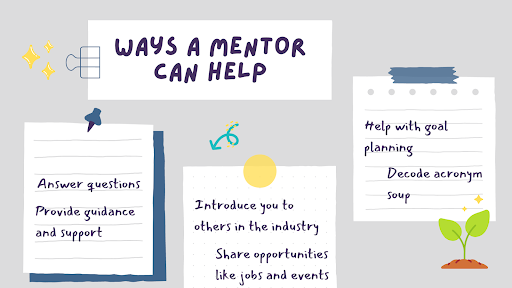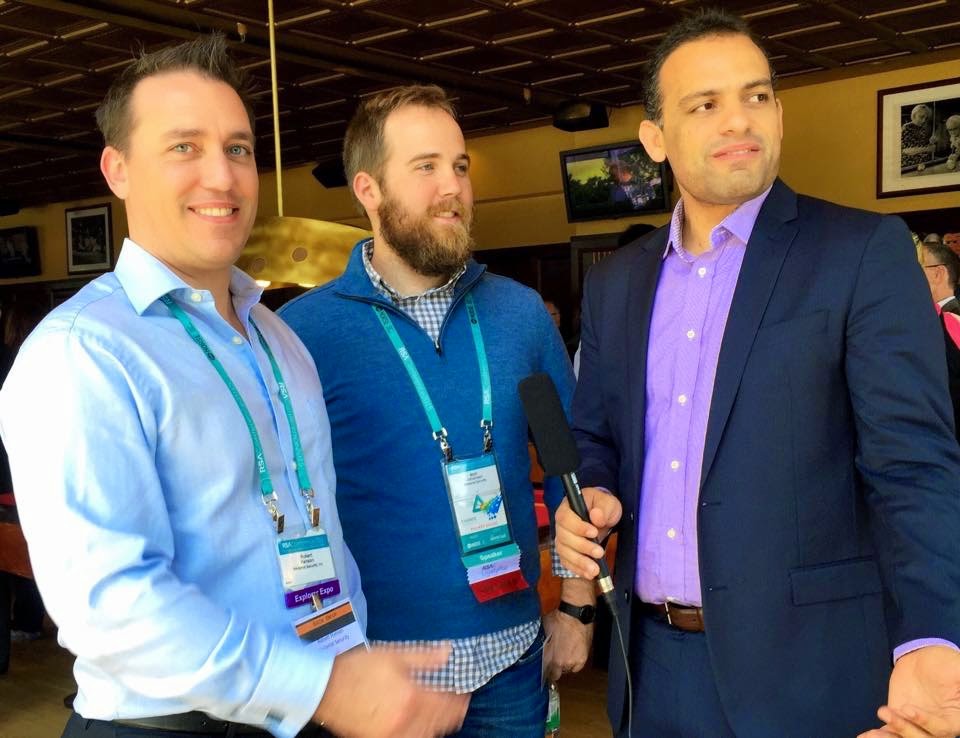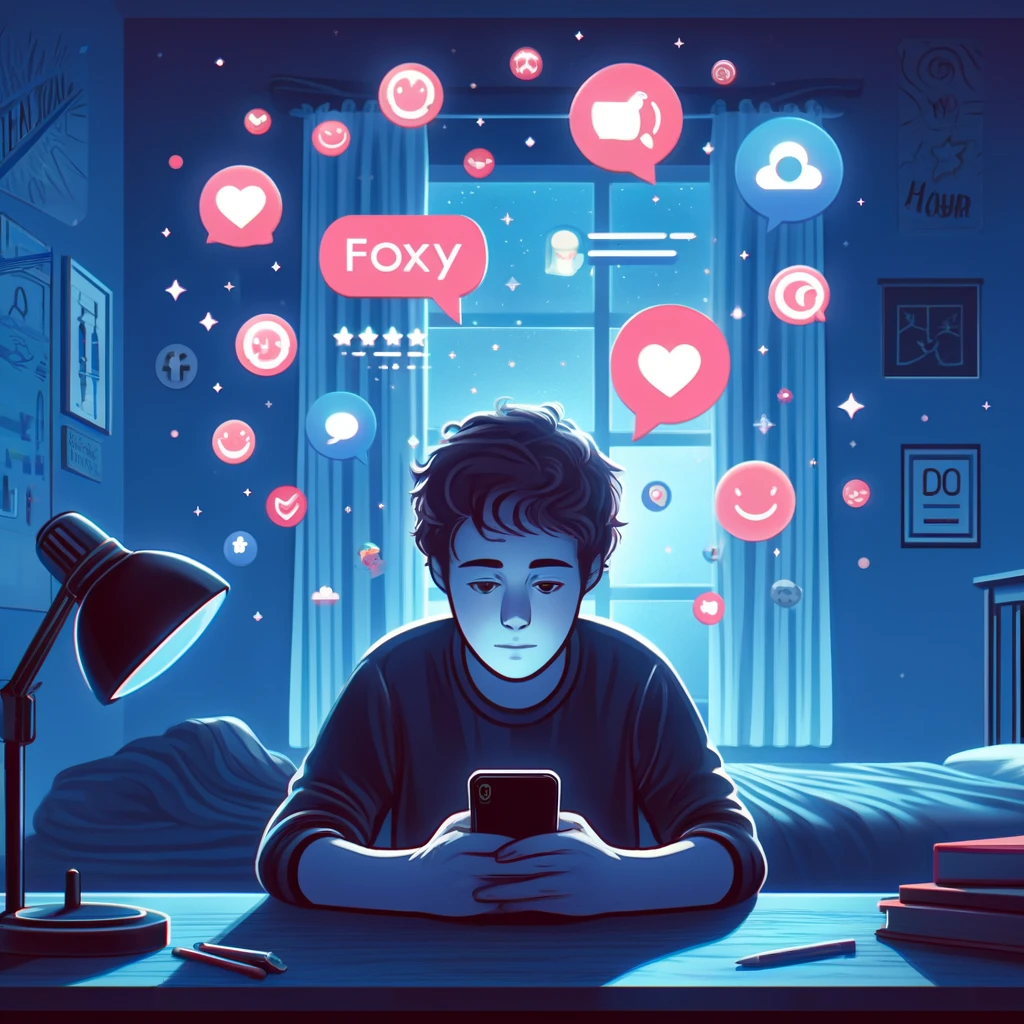The Importance of Mentorship in Supporting Mental Health
Challenges: Lack of guidance and support.
Successes: Benefits of mentorship programs, how to find and become a mentor.
This one is going to be quick, but worth it. I want to talk about mentorship, specifically in the tech industry, and its impact on mental health. The idea for this article came from a brief, but endearing conversation in the office this week.
Did I mention we got an office?! It’s been really nice. Necessary too. Working from home with a toddler, senior dog, and my wife who also worked remotely was getting quite… distracting.
It’s a co-working space that we share with a few other businesses and one law firm. One of the interns, friendliest person on the planet, came by the office to chat over morning coffee. I learned that her brother is going to school for computer science with an emphasis in security. She laughed when I told her they didn’t have those when I was in college. Just computer science and a teacher who liked security and took me under his wing.
Professor Kees Leune. My first mentor in cybersecurity - back when we called it infosec. He introduced me to the concept of information security and taught me how to be curious.
He also handed me a DVD (dating myself) of a conference talk by my, now great friend, Jamie Arlen called Black Hat to Black Suit which was career advice for aspiring hackers. He also also told me to get on these brand new social media sites like LinkedIn and Twitter to find the infosec people to talk to. Oh yeah and he taught me how to write buffer overlows and all that actual hacker stuff too…

Maybe I couldn’t have known this at the moment, maybe I needed to be able to look back to understand; learning new things, in all its excitement and necessity, has the potential to be really lonely. So does starting over. As does switching careers, getting a new job, and venturing into something unknown and unfamiliar. And as we learned over this last year, loneliness is an epidemic. - (https://www.mattjay.com/blog/loneliness-epidemic)
My time in college was valuable. I learned about independence, shared responsibility, accountability, reliability, love, friendship, commitment, adventure, and how to get paid while studying for finals by working IT in the Library (Club Swirbul! IYKYK). I learned about security too, but modern technology is evolving way faster than an educational institution could be expected to keep up with.
They prepare a semester at a time. Tech, and cybersecurity, change daily. New coding languages, frameworks, new vulnerabilities, new detections, new companies providing security services, and so much more. College was an incredible experience for me - but the part of my education that I took with me all these years was the relationships I built with Professor Leune, and countless others on Twitter and at conferences.

You all know my SchmooBus story at this point so I won’t bore you with it again. (But I did dig up this actual photo from Jack Daniel of him pulling over at the rest stop to come get me somewhere in New Jersey).
Essentially, I learned early that getting in the room is tough - takes some serious guts and resources and drive. Not sure how I mustered those things, but I did. It landed me every job I’ve ever gotten - the relationships built back then and over the course of my career. There was a fair bit of luck, privilege, and other things that contributed to my ability to get in the room as well.
Fast forward to today, I have been mentored many times over the course of my career by some truly incredible practitioners, leaders, and human beings. Jeremiah Grossman and Robert Hansen to name a few.
As I recounted some of my experiences to the intern, I sang praises of the people along the way who changed the trajectory of my career. I could have easily gotten lost in the nightmare that is the internet and swept into the hellhole of social media (places I still fall victim to today, even with all the love and support in my life); instead I was greeted - welcomed even - by kind, generous industry leaders who gave me the guidance and support necessary to forge a path forward.
My mental health can be a fickle little shit, but believing that I have people who care about me and are there when I need them keeps me afloat.
Another realization came up for me in that conversation. I couldn’t have learned it from a book. No online course. No training program. Someone from inside had to walk me through it. They had to introduce me to other people, recommend me for jobs, invite me to events, and all the other seemingly minor tasks (minor for them, huge for me) in order to make sense of my options, and answer that daunting question, “What now?”. Without that support, I am feeling like I’m the problem, not good enough, hopeless to get anywhere. Mentors make a huge difference.
This is as much a call to action for people trying to get into the industry as it is to those who have been here, know the culture, and have so much to offer. I’ve talked about breaking into infosec previously, - (https://www.mattjay.com/blog/inclusivie-infosec-community) - but that was career advice. This is my emphatic plea for us to help each other, for the sake of our careers yes, but more importantly to protect each other.
Underestimating the crippling reality of loneliness robs our communities of the diversity, vibrancy, and resilience that we are capable of. There is plenty of room here, we are a growing and unstoppable industry.
Be the mentor. Show someone the way. And for those testing the waters, we can’t promise it’ll be an easy road, but there are those of us who know how much it means when you don’t feel so alone at the beginning of uncharted territories.
If you’re reading this and want to know how to become a mentor or need someone to guide you with a big transition, please consider some of these resources I found. You can reach out to me directly as well, I’ll do my best to connect people with each other. Here’s an article in Forbes with tips to help you find a mentor. - (https://www.forbes.com/councils/forbestechcouncil/2022/10/13/16-industry-leaders-tips-to-help-young-tech-pros-find-a-mentor/)
Find / Become a mentor:
- LinkedIn & Twitter - start networking now! You’ll thank yourself in the coming years.
- Discord - find one that interests you like Design Buddies for designers, or Jhaddix’s Bug Hunters group.
- Mentors in Tech - (https://mentorsintech.com/)
- Mentor Cruise - (https://mentorcruise.com/)
- Code Mentor for developers - (https://www.codementor.io/)
- UStrive made for students - (https://www.ustrive.com/)




